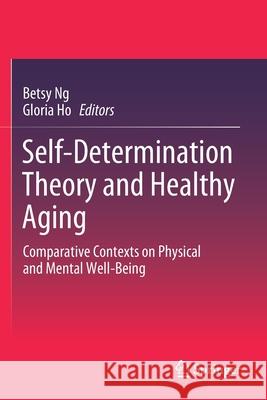Self-Determination Theory and Healthy Aging: Comparative Contexts on Physical and Mental Well-Being » książka
topmenu
Self-Determination Theory and Healthy Aging: Comparative Contexts on Physical and Mental Well-Being
ISBN-13: 9789811569708 / Angielski / Miękka / 2021 / 260 str.
Self-Determination Theory and Healthy Aging: Comparative Contexts on Physical and Mental Well-Being
ISBN-13: 9789811569708 / Angielski / Miękka / 2021 / 260 str.
cena 403,47
(netto: 384,26 VAT: 5%)
Najniższa cena z 30 dni: 385,52
(netto: 384,26 VAT: 5%)
Najniższa cena z 30 dni: 385,52
Termin realizacji zamówienia:
ok. 22 dni roboczych
Dostawa w 2026 r.
ok. 22 dni roboczych
Dostawa w 2026 r.
Darmowa dostawa!
Kategorie:
Kategorie BISAC:
Wydawca:
Springer
Język:
Angielski
ISBN-13:
9789811569708
Rok wydania:
2021
Ilość stron:
260
Waga:
0.36 kg
Wymiary:
23.39 x 15.6 x 1.4
Oprawa:
Miękka
Wolumenów:
01
Dodatkowe informacje:
Wydanie ilustrowane











